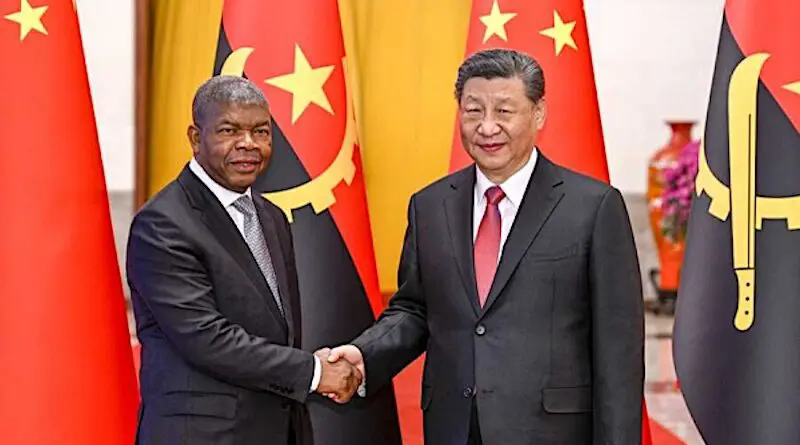Days of unrest in Angola’s capital have left deep scars on the country’s large Chinese community, after public anger over soaring fuel costs turned into violence that forced thousands to flee.
The protests erupted after the Angolan government moved to cut fuel subsidies, triggering sharp increases in gasoline prices. Demonstrations soon escalated into rioting, with nearly 100 Chinese-owned shops vandalized in Luanda and several factories forced to close.
Crackdown Preceded Violence
Tensions were already running high after authorities in August shut down 25 illegal Chinese cryptocurrency mining operations, citing excessive strain on the national power grid. Sixty Chinese nationals accused of involvement were expelled within 24 hours. Cryptocurrency mining is banned in Angola because of its heavy demand on electricity.
The unrest has renewed concerns about the safety of the estimated 300,000 Chinese citizens in Angola—one of the largest expatriate communities in Africa. Video footage circulated online showed Chinese nationals hurriedly departing Luanda’s international airport, many wheeling suitcases through crowded departure halls.
A Longstanding Resentment
Analysts say the violence reflects deeper frustrations. While China has financed more than $68 billion in Angolan infrastructure through its Belt and Road Initiative—including the new Dr. Antonio Agostinho Neto International Airport—many Angolans believe they have benefited little.
Critics argue that Chinese projects have created few local jobs, with most contracts awarded to Chinese firms employing Chinese workers. Complaints have also mounted over environmental damage, exploitative labor conditions, and poor construction standards on some projects.
In recent years, disputes between Chinese businesses and Angolan communities have intensified. Artisanal fishermen accuse Chinese trawlers of depleting fish stocks, while two Chinese-owned factories were closed in 2024 for pollution and labor abuses.
Debt and Dependence
Angola has repaid much of its Chinese debt through oil exports, but Beijing’s shift toward Russian and Middle Eastern crude has made repayment increasingly difficult. This economic strain, combined with visible inequality, has fueled resentment.
“Chinese investment transformed Angola’s skyline but failed to meet the expectations of ordinary people,” one Luanda-based economist observed. “The anger on the streets is about more than fuel—it’s about who has benefited and who has been left behind.”
Looking Ahead
Authorities have yet to confirm the full toll of damage from the riots, though officials acknowledge that resentment toward Chinese nationals has become a serious challenge. Analysts warn that unless economic grievances and governance issues are addressed, tensions between Angolans and their Chinese counterparts could continue to flare.



